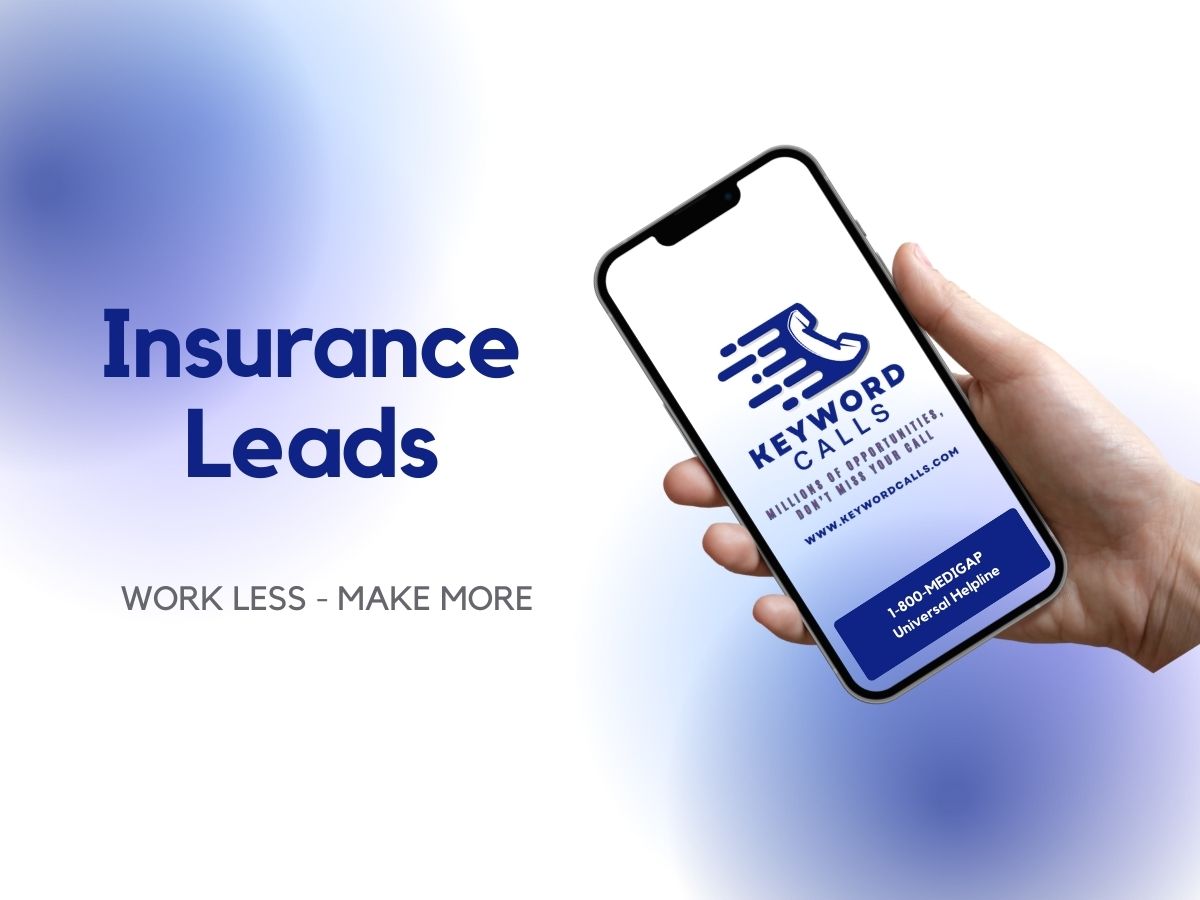
MEDICAID COMPLIANT ANNUITY
WHAT IS A MEDICAID-COMPLIANT ANNUITY and why is it important?
Many C-Suite executives are parenting upward in today’s environment. This causes a ton of stress, but understanding the timing and facts are important to the process. You do not want to ask these questions to late. We suggest you start having them 3-5 years ahead of time so as to be prepared and have a plan!
HAVE A PLAN – WORK THE PLAN
A Medicaid-compliant annuity is a specific type of annuity designed to help individuals qualify for Medicaid while preserving their assets, particularly when it comes to long-term care needs. Here’s an overview:
Definition
A Medicaid-compliant annuity is typically a single-premium immediate annuity (SPIA) that converts a person’s assets into an income stream. It is structured to comply with Medicaid’s strict asset and income rules. ANNUITY CALCULATOR
Key Features
- Irrevocable: Once purchased, it cannot be altered, cancelled, or surrendered.
- Non-Assignable: The annuity cannot be sold or transferred to another party.
- Equal Payments: Provides equal monthly payments without balloon payments or deferrals.
- Actuarially Sound: The total payment period must be within the annuitant’s life expectancy.
- State as Beneficiary: The state must be named as the remainder beneficiary to the extent of Medicaid benefits paid on behalf of the annuitant, at least for the second position after the spouse or minor/disabled child.
Why People Buy Them
- Long-term Care Planning: To help cover the costs of long-term care without exhausting their life savings. When an individual or spouse needs nursing home care, assets are often spent down to qualify for Medicaid, which covers long-term care costs. A Medicaid-compliant annuity can convert these assets into an income stream that does not count against Medicaid asset limits.
- Spousal Protection: To protect the standard of living of a healthy spouse (community spouse) when the other spouse requires long-term care. The income from the annuity can provide the community spouse with financial support without affecting the eligibility of the spouse needing care.
- Asset Preservation: To preserve assets for beneficiaries while still qualifying for Medicaid. By converting assets into an income stream, the annuitant can pass on remaining funds to heirs (after Medicaid’s reimbursement) while receiving Medicaid benefits.
- Medicaid Eligibility: To expedite eligibility for Medicaid. By reducing countable assets through the purchase of a Medicaid-compliant annuity, an individual can become eligible for Medicaid more quickly.
Considerations
- State Specific Regulations: Medicaid rules vary by state, so the annuity must be structured according to specific state requirements.
- Timing and Compliance: The annuity must be purchased at the right time and in full compliance with Medicaid rules to be effective.
- Professional Advice: Due to the complexities, it is crucial to seek advice from a qualified elder law attorney or a financial advisor specializing in Medicaid planning.
Conclusion
Medicaid-compliant annuities are a strategic tool for individuals facing the high costs of long-term care, allowing them to qualify for Medicaid while preserving assets for their spouse or heirs. They must be carefully structured to comply with Medicaid regulations, making professional guidance essential in this process. If you have Parenting Upward questions or Annuity Questions please call 1-912-ANNUITY
- CANCER INSURANCE BENEFITS - January 6, 2024
- What is OASDI Tax - December 14, 2023
- High Volume Pay Per Call Insurance Leads - December 10, 2023







